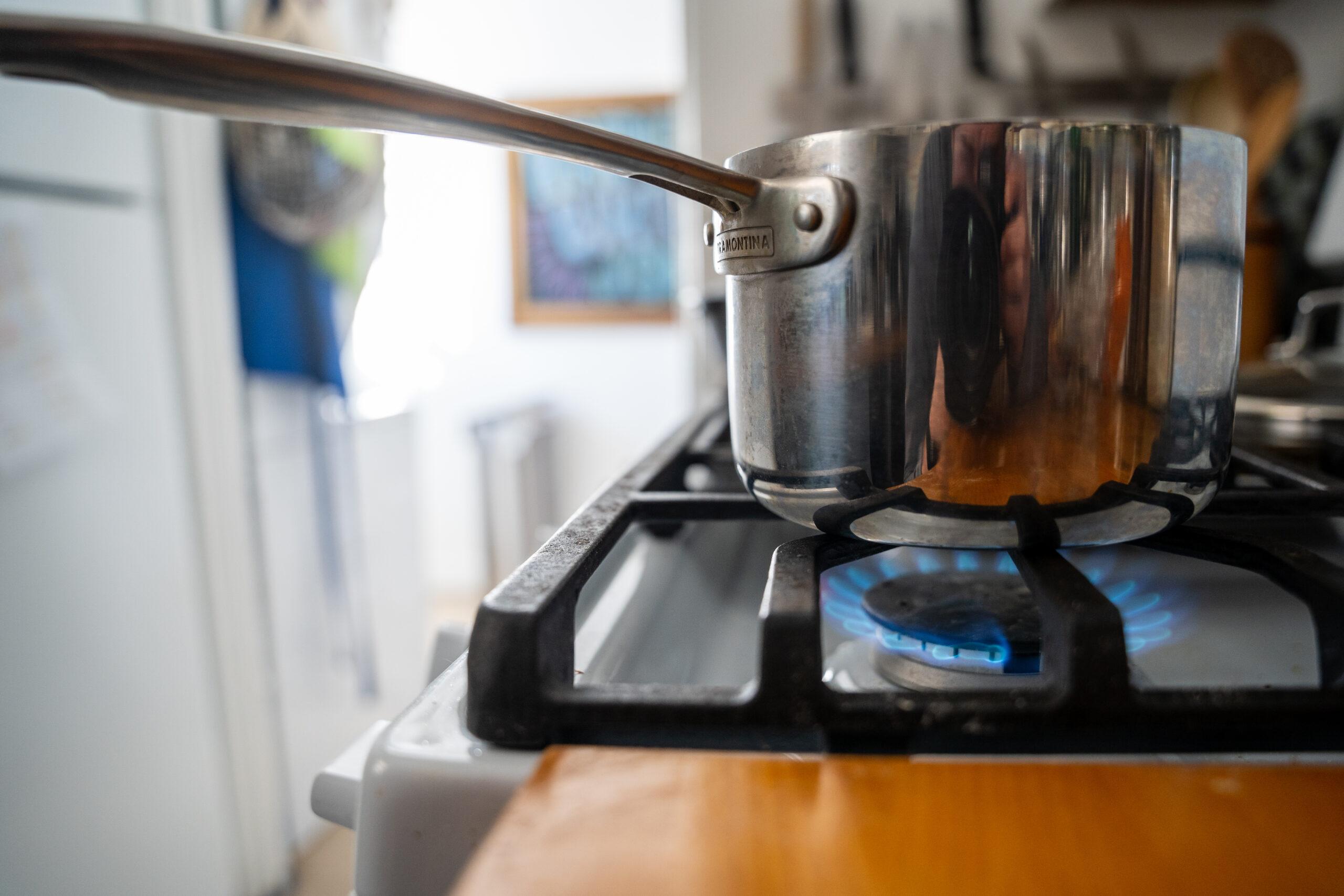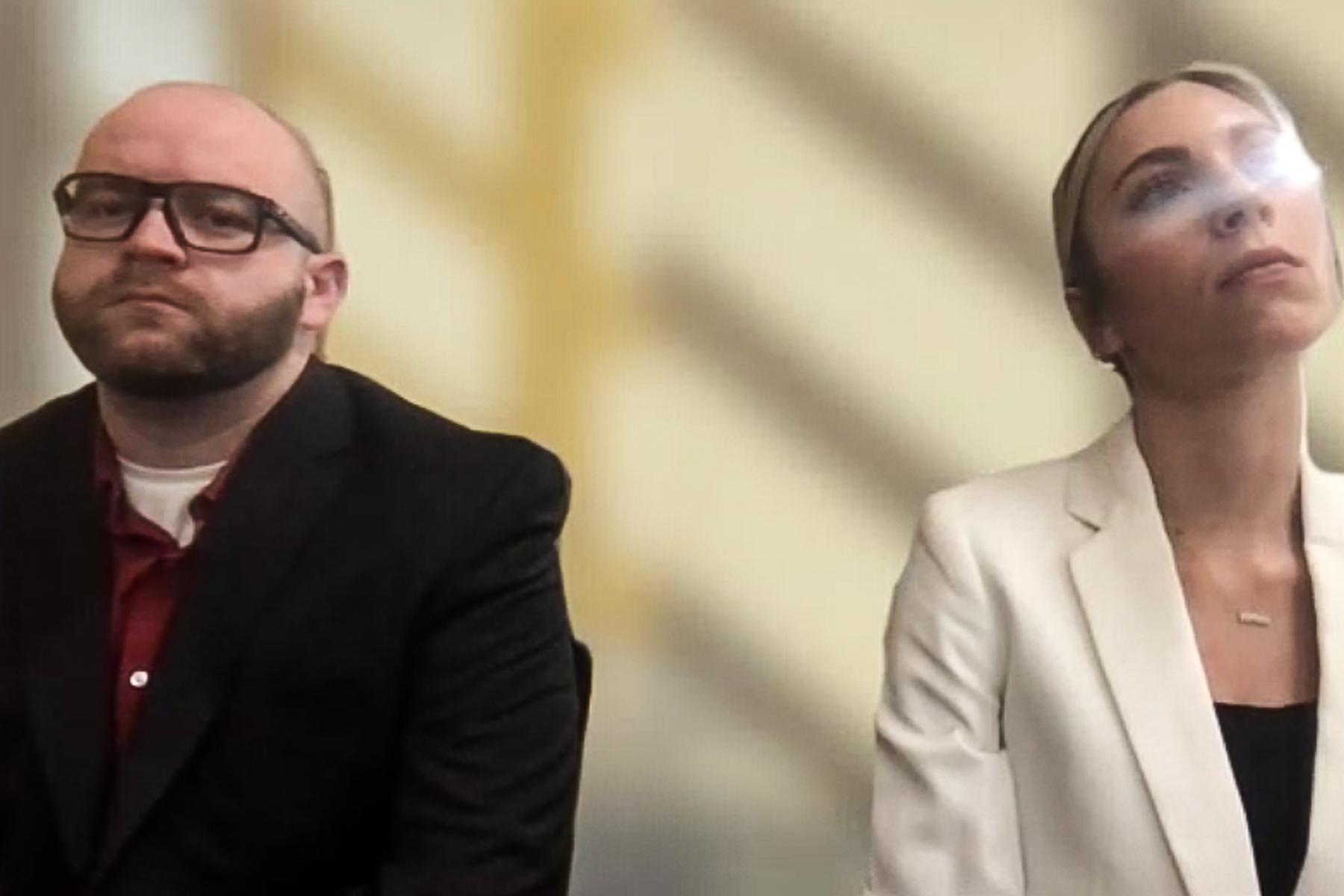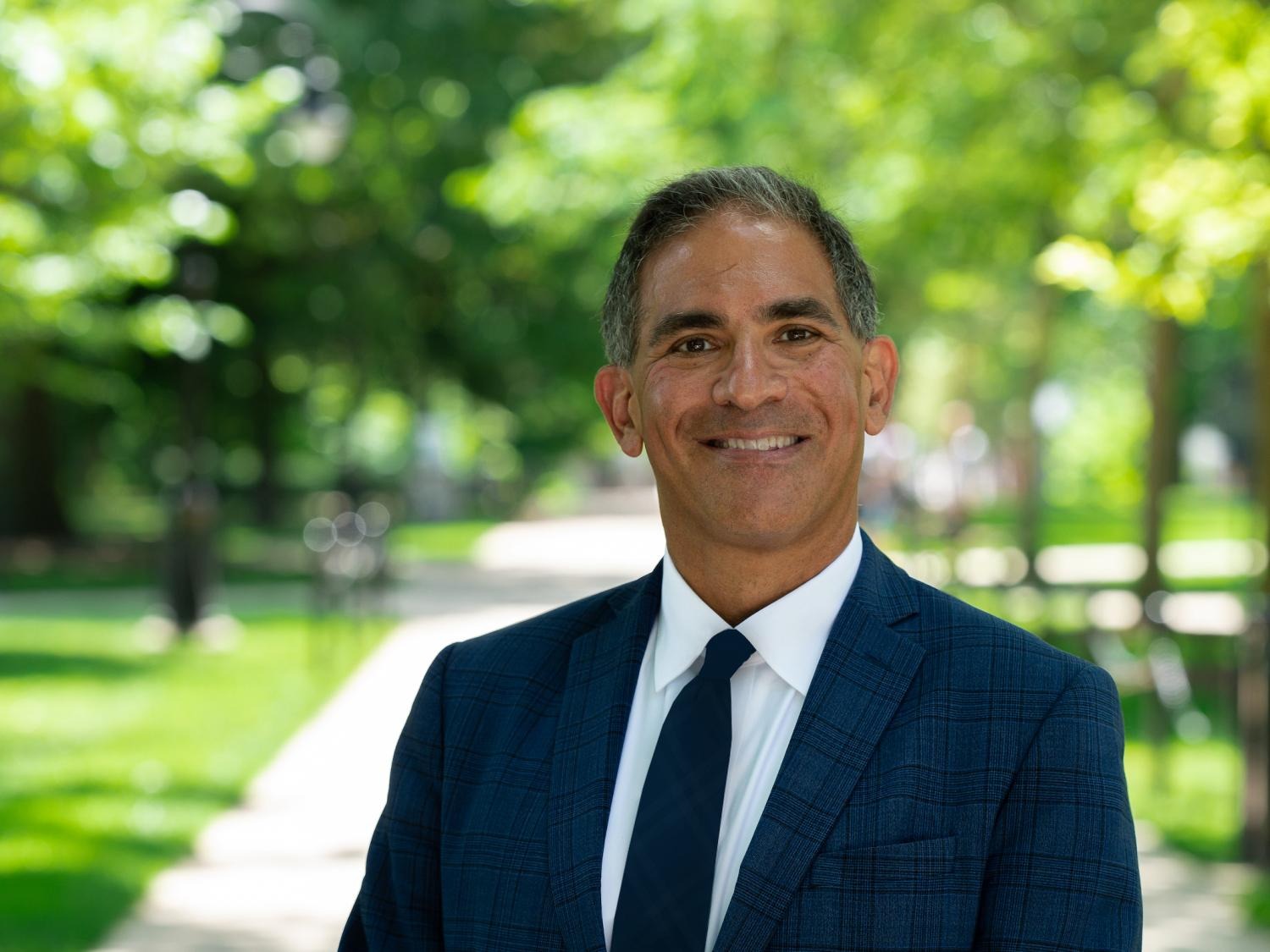
A blinking ‘open’ sign hangs on the outside of a shabby building in a dark industrial zone just outside Denver city limits. When the front door opens, smoke billows out. This is iBake, one of the state’s few private pot clubs.
People can legally smoke pot here because the club is private, they’re all members, and it’s outside the city limits, away from city police. Not the easiest way to make money, but Steve Nelson Jr. started iBake to fill a need.
“It’s recreation, so it’s to have fun, it’s to relax, it’s to lounge,” Nelson says. “You don’t necessarily want to do that just by yourself.”
Tourists, like Alberto Aviles, who’s visiting from New York, have no problem finding a place to buy in one of Denver’s 150 pot stores. Other than iBake, finding a place to smoke is a little harder.
“Even in the hotels, the Ramada Inn, they gave me a problem, you know, tried to kick me out just off the smell,” Aviles laments.
Now the hotel wants to charge him $150 to clean his room.
| Denver Citations For Unlawful Public Display Or Consumption Of Marijuana | |||
|---|---|---|---|
| Months | 2015 | 2016 | % Change |
| Jan | 42 | 52 | 24% |
| Feb | 50 | 45 | -10% |
| Mar | 36 | 43 | 19% |
| Apr | 238 | 90 | -62% |
| May | 62 | 50 | -19% |
| Jun | 50 | 52 | 4% |
| Jul | 57 | 41 | -28% |
| Aug | 66 | 55 | -17% |
| Sep | 42 | 56 | 33% |
| Oct | 50 | 46 | -8% |
| Nov | 44 | 34 | -23% |
| Dec | 25 | 26 | 4% |
| Total | 762 | 590 | -23% |
Some research from the state suggests tourists are cooling to Colorado’s pot scene, and a lack of a legal places to use it might be why.
“We do not want people coming on vacation and leaving on probation,” says Vicki Marble, a Republican state senator who’s part of a bipartisan group searching for a solution.
A bill is making its way through the state legislature that officially allows private marijuana clubs like iBake, but members would still have to BYOP: Bring your own pot. Kayvan Khalatbari, a marijuana businessman and advocate behind Denver’s attempt at legal social consumption of marijuana, calls it "not ideal for consumers, but it is a step in the right direction.”
Khalatbari’s voter initiative forced the city of Denver to create a kind of marijuana version of a liquor license. Though consumers would still have to bring their own pot, it would basically allow any business that doesn’t already serve alcohol to allow marijuana use. The business would have to get some neighborhood approval, and keep children out. The city is shaping the details of that now.
“It’s not only something that obviously Colorado’s dealing with, but [for] every single state that’s legalizing recreational cannabis, this will be a conundrum that gets recreated,” Khalatbari says.
The conundrum is, in part, around the issue of smoking. Colorado, like many states, doesn’t allow indoor smoking in public places. But Khalatbari says many people believe that’s the best way to use marijuana
“I don’t like edibles, I don’t like the way they make me feel, I don’t feel vaporization gives me the sensation that I’m looking for,” he says. “It’s similar to drinking O'Doul's, I just don’t get it.”
The good news for Khalatbari? The state law would allow smoking in private, members-only clubs. The only hang up is that Gov. John Hickenlooper has said he’ll veto that bill if indoor smoking is allowed.
In Denver’s city version of pot clubs, people could use marijuana edibles and vape inside businesses like laundromats or yoga studios. But because these would be open to the public, smoking would still have to stay outside.
Smoking indoors or not, this all seems like a bad idea to Rachel O’Bryan, who has long fought the expansion of cannabis in Colorado and Denver.
“The encouragement of anything, whether it’s alcohol or marijuana, while you’re going about your daily business of, you know, doing laundry, is that a good direction for society to take? And my guess is, ‘not.’“
She hopes at least the city and the state will continue to keep good data to measure potential societal effects of the pot clubs.









